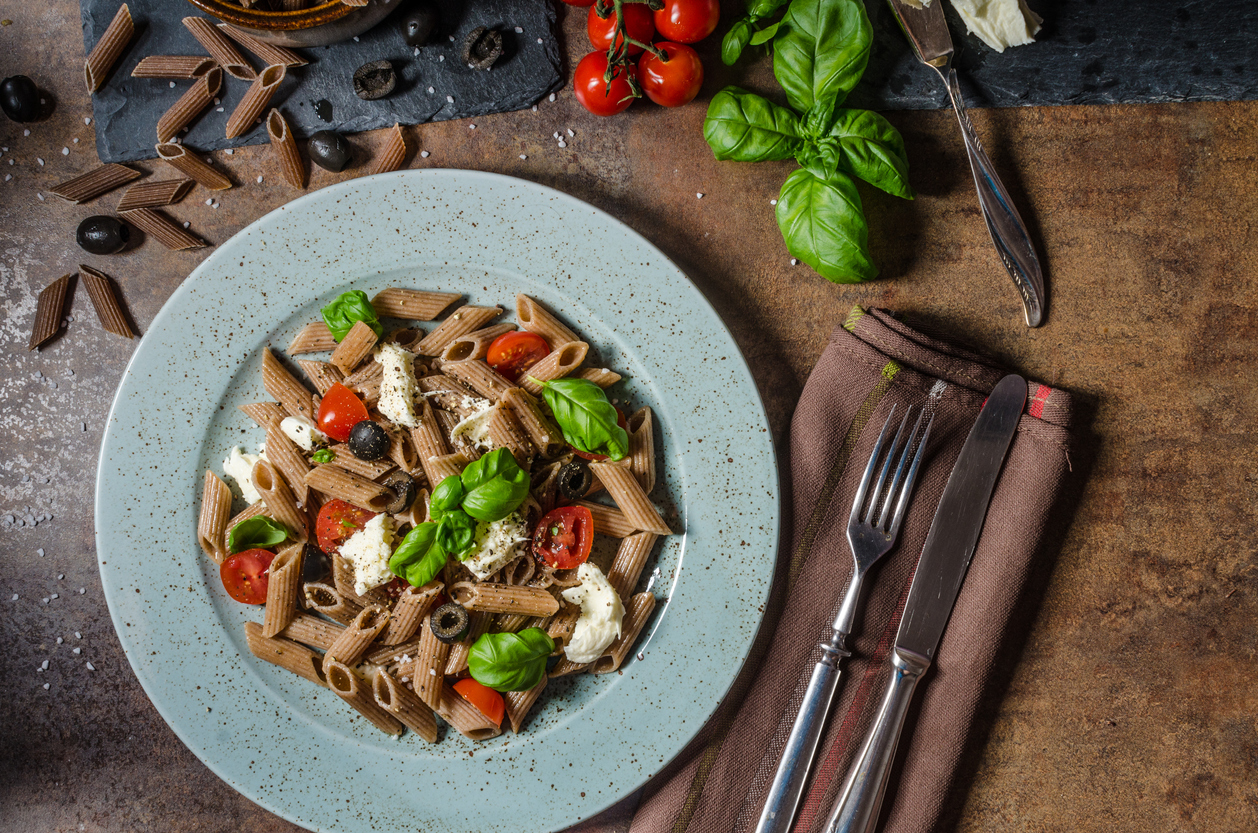It’s well known that a low carb diet can be beneficial for many reasons including improved blood glucose control and weight loss. However, some people may still be put off by the idea that low carb leads to deficiencies in certain nutrients including fibre which can be beneficial for digestive health.
The Guardian published an article today on a recent study which concluded that it would be difficult to meet the recommended targets for fibre intake whilst following a low carb diet. While it is true that a low carb lifestyle limits starchy vegetables and wholegrains (often touted as one of the main sources of fibre), a low carb diet and a high fibre diet are not mutually exclusive. There is still a wide range of low carb foods, such as nuts, seeds and green veg, which can provide all the fibre you need to meet your daily recommended intake.
This has been supported by a recent study by Caryn Zinn, Amy Rush and Rebecca Johnson who compared the micronutrient values of two low carb meal plans, both oh which provided sufficient micronutrients that met the recommended values, including fibre.
In this blog, we’re going to look at why fibre is so beneficial for our health and then we’ll give you some examples of low carb foods which can help you meet the recommended value.
What is fibre?
Dietary fibre is the name given to plant-based carbohydrates that are unable to be digested in the small intestine. There are two types of dietary fibre: soluble fibre and insoluble fibre which can both help to aid digestion. Soluble fibre absorbs water which can help prevent against digestive problems such as constipation and diarrhoea, it can also provide a food source for certain gut bacteria. Insoluble fibre can help to ‘bulk’ out waste helping to remove it quickly and preventing the risk of gastrointestinal blockage and constipation.
The recommended average intake for adults is 30g per day but many people don’t meet the fibre recommendation.
Low carb sources of fibre
When many people think of good sources of fibre, they may automatically think of foods such as wholegrain bread and breakfast cereals, which are typically high in carbs. However, there are a variety of low carb foods which can provide the same, if not more fibre.
Here are some examples of low carb foods high in fibre. For reference, wholegrain bread contains roughly 7g of fibre per 100g and 38g of carbs:
- Chia seeds – 39g/100g (7.8g of carbs)
- Milled Flaxseed – 29g/100g (1.5g of carbs)
- Whole Almonds – 16g/100g (7g of carbs)
- Coconut – 12g/100g (3.7g of carbs)
- Sesame seeds – 9.3g/100g (0.8g of carbs)
- Pecan nuts – 7.9g/100g (5.5g of carbs)
- Sunflower seeds – 7.1g/100g (17g of carbs)
- Spinach – 3.9g/100g (1.6g of carbs)
- Avocado – 3.4g/100g (1.9g of carbs)
- Leeks – 2.2g/100g (2.9g of carbs)
What can we take home from this?
As a low carb diet limits the consumption of foods including starchy vegetables and wholegrains, it’s often assumed that this can lead to many not receiving adequate fibre intake, increasing the risk of digestive problems. However, this has proven not true, and research has suggested that many people can consume the minimum recommended nutrient intake whilst following a low carb lifestyle. If you’re concerned that you’re not eating enough fibre on low carb, you could consider including more low carb, high fibre foods such as a handful of almonds or sunflower seeds as a snack.
“Eating a low carbohydrate diet does not automatically mean a low fibre diet. A well formulated low carb diet can contain lots of soluble and insoluble fibre. Some people actually find that they actually increase the amount of fibre in their diet, by ditching processed foods and replacing them with whole foods such as nuts, seeds and a variety of fruit and vegetables.” – Tara Kelly, RD





